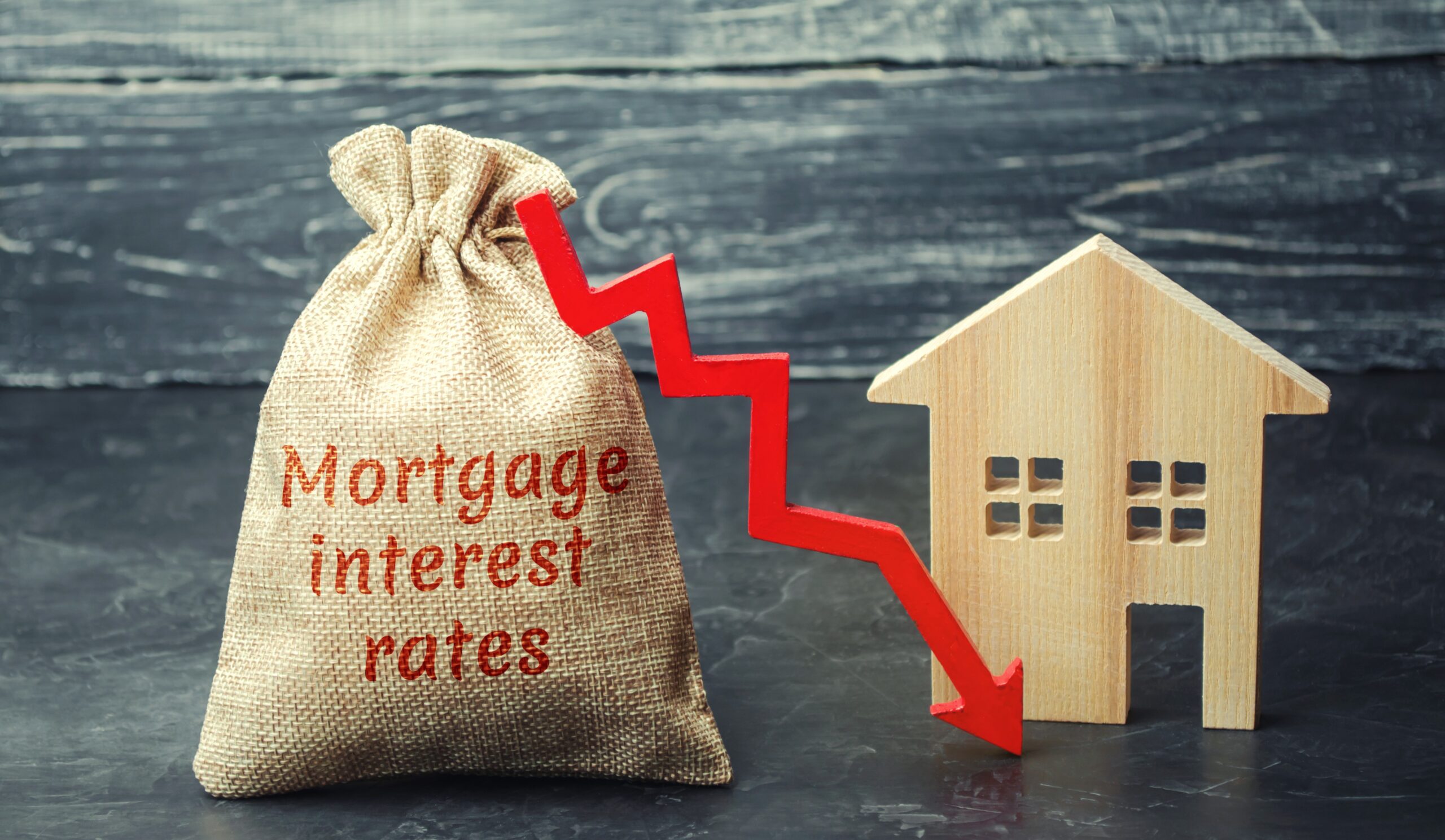When it comes to applying for a mortgage, it’s essential to know what determines the interest rate. Lenders typically evaluate each case individually and reserve the lowest rates for those who pose the least risk. This means that borrowers with a higher credit score, income, and down payment amount are more likely to qualify for the lowest rates. However, there are several other personal factors that lenders consider, such as the location and price of the home, loan term, loan type, interest rate type, down payment amount, loan-to-value ratio, and DTI. It’s also important to remember that other indirect factors can impact the mortgage rate, including current economic conditions, rate of inflation, market conditions, housing construction supply, demand, and costs, consumer spending, stock market, 10-year Treasury yields, Federal Reserve policies, and current employment rate. By understanding what factors determine your mortgage rate, you can make informed decisions and increase your chances of securing a favorable interest rate. So, whether you’re a first-time homebuyer or a seasoned investor, take the time to evaluate your financial situation and work closely with your lender to find the best mortgage option for you.


